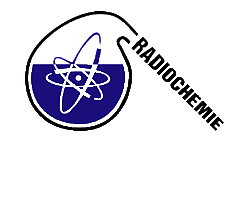Speaker
Ms
Svetlana Tretyakova
(Zababahin Institute (VNIITF))
Description
At this time development of any complex chemical plant (including spent nuclear fuel reprocessing plant) should be accompanied with plant governing model development. Creation of such a model is especially significant while developing innovative plants, many technological processes of which have no industrial-scale solutions and number of processes require R&D work in corresponding areas.
Material balance calculation of all flowsheet and separate nodes is one of the functions of governing model. Purpose of balance calculations is determination of flow rates and properties of products and wastes. Also the results of balance calculations can be used for estimation of realizability and practicability of technological solutions proposed, considering volume and activity of radioactive waste.
By the time “Balance model” of backend nodes of closed nuclear fuel cycle has been developed in the VNIINM. This model represents database consisting of mathematic models of separate radiochemical processes. User interface allows creating of different sequence of operations for any part of SNF reprocessing flowsheet using database and performing balance calculations for all technological flows of the scheme.
The paper describes cooperative works of VNIITF and VNIINM, targeted at creation of software, representing the plant governing model which will allow for closed nuclear fuel simulation, balance calculation, optimization of equipment operation modes using simulated experiment and providing data for assessment of nuclear safety of certain nodes and the whole flowsheet. Within this work integration of the “Balance model” database with creation of appropriate interface and integration of particular models of radiochemical processes and equipment considering physicochemical properties of working media, operation conditions, etc. is underway. Integration is performed in three ways: development of interface for data exchange between external process model, adaptation of existing model for developing software requirements and creation of certain models, according to developing software requirements.
Model developing has the following advantages: maximum flexibility while creating flowsheet and editability of model database. The latter is especially significant for successful creation of model database simultaneously with carrying out R&D works in according directions.
Primary author
Ms
Svetlana Tretyakova
(Zababahin Institute (VNIITF))
Co-author
Mrs
Ol'ga Shmidt
(Bochvar Institute (VNIINM))

